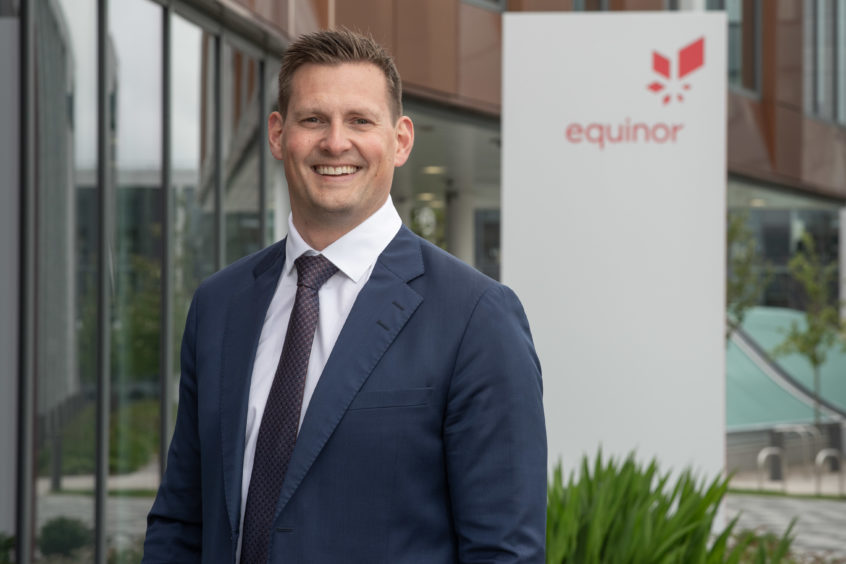
Equinor’s North Sea boss has reinforced the Norwegian energy giant’s commitment to developing the Rosebank project.
More than 250 people from around 140 UK companies attended a supply chain event in Aberdeen on Thursday that was centred on the west of Shetland scheme.
And Arne Gurtner, senior vice president for UK and Ireland offshore at Equinor (OSLO: EQNR), says the meeting shows the firm’s “clear intention” to forge ahead with Rosebank.
Uncertainty around plans
There was talk recently that the Oslo-listed company was reconsidering its plan for the £4.5 billion scheme following the Chancellor’s decision to hit the sector with a windfall tax.
The Telegraph reported earlier this week that “Equinor has privately said that it’s under review, but they’ve not done so publicly”.
But speaking to Energy Voice on Thursday, Mr Gurtner described the claims as “a bit of speculation”.
He said: “This is an awfully complex project, with long-term investment, development and engineering. It will potentially create value over decades.
“As it is with every investment we make anywhere in the world, we want to see that they are not at risk. That’s when we look to the fiscal frameworks, and we have to asses that as well.
“But this event here is a clear intention of going ahead.”
He added: “Our intentions and ambitions are very clear and we’re actively seeking engagement with suppliers.”
Windfall tax
Around a month ago, the Chancellor unveiled plans for a windfall tax on oil and gas producers, included as part of the energy profits levy.
Under the changes the headline rate of tax on companies’ profits increased by 25%, sparking fears that investment earmarked for the UK could go overseas.
Rishi Sunak met with sector bosses in Aberdeen today who told him that the levy risks undermining attempts to attract cash to the city.
Mr Gurtner said: “Inevitably the energy profits levy bill has been published. My request to Mr Sunak would be continued support for broad energy investments into the UK, ranging from offshore wind and low carbon projects, but also upstream projects too.”
Included within the energy profits levy was a large rise in the investment allowance, taking total relief on spending to 91.25%.
Analysts have suggested that the mechanism could accelerate the development of Rosebank, which is estimated to be capable of producing 300 million barrels of oil, making it one of the largest untapped reserves in UK waters.
The Knarr FPSO will be used to produce Rosebank.
The new Cambo?
It is located relatively near to the hugely controversial Cambo project.
The field dominated headlines last year after becoming a focus for environmental campaigners, desperate to stop the development of the field.
On whether Rosebank could become the next Cambo, Mr Gurtner said: “We hope that Rosebank is a good value proposition for the partnership, Scotland, and the UK. And we will show the benefits that such an industrial project brings to the region, and hopefully that resonates with key decision makers.”
Oil, but produced in a green way
In order to maintain its social licence to operate in the face of climate concerns, industry is getting on with platform electrification as a means of minimising its operational emissions.
Equinor is at the vanguard of that drive with Hywind Tampen, which will power oil and gas assets offshore Norway, and the recently announced Trollvind.
Mr Gurtner said: “For us, we have a proud heritage of decarbonising offshore production on the Norwegian Continental Shelf, and we want to bring that knowledge and expertise to the UK Continental Shelf. It is more aligned with our strategy that reacting external circumstances.
“We are establishing a low carbon plan for Rosebank, which includes looking into electrification. The ambition is to deliver the lowest carbon project on the UK Continental Shelf.”
Recommended for you


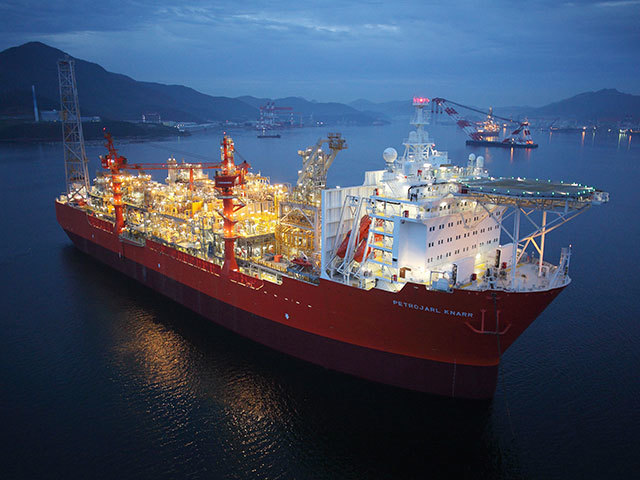
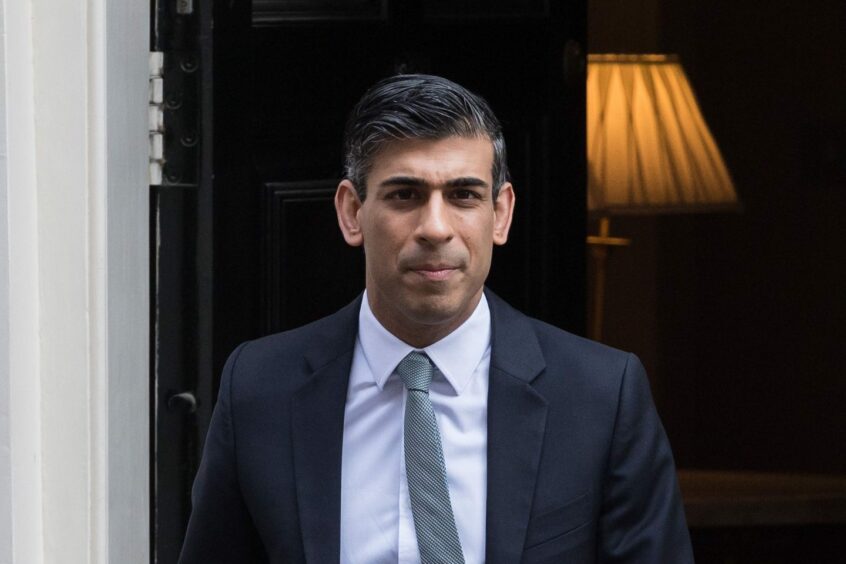 © WIktor Szymanowicz/NurPhoto/Shut
© WIktor Szymanowicz/NurPhoto/Shut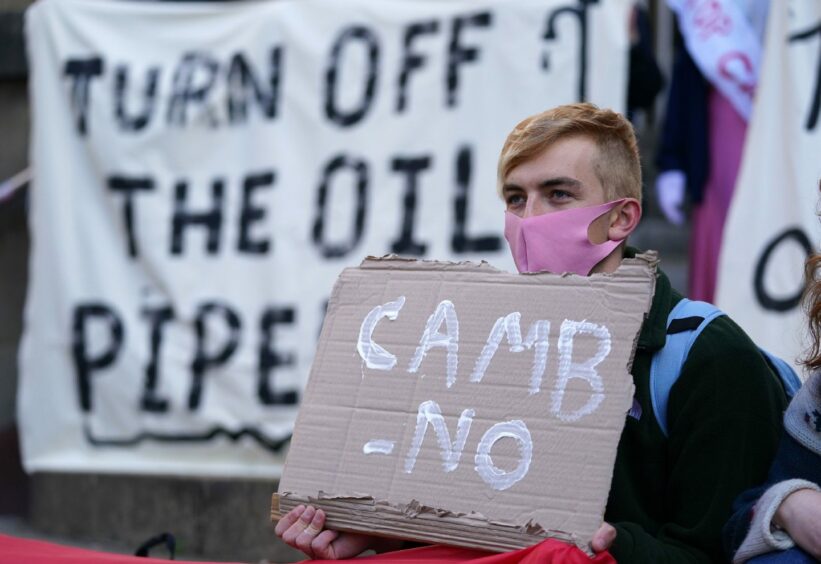 © Andrew Milligan/PA Wire
© Andrew Milligan/PA Wire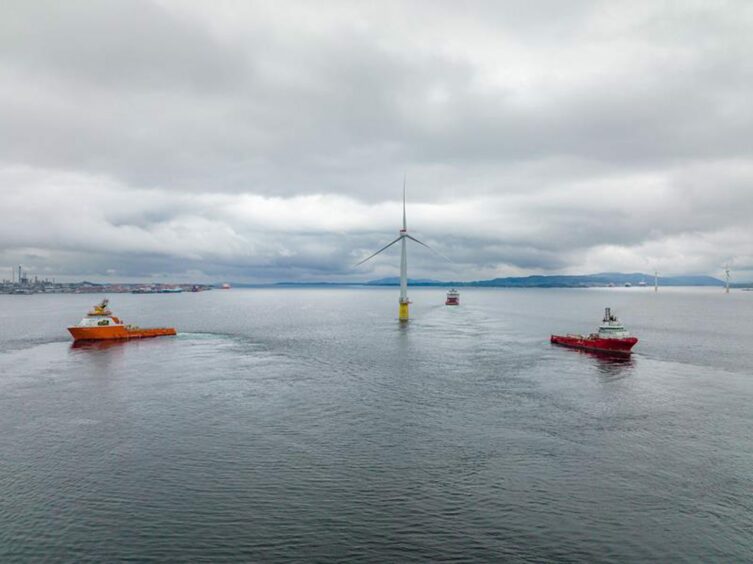 © Supplied by Jan Arne Wold / Wold
© Supplied by Jan Arne Wold / Wold